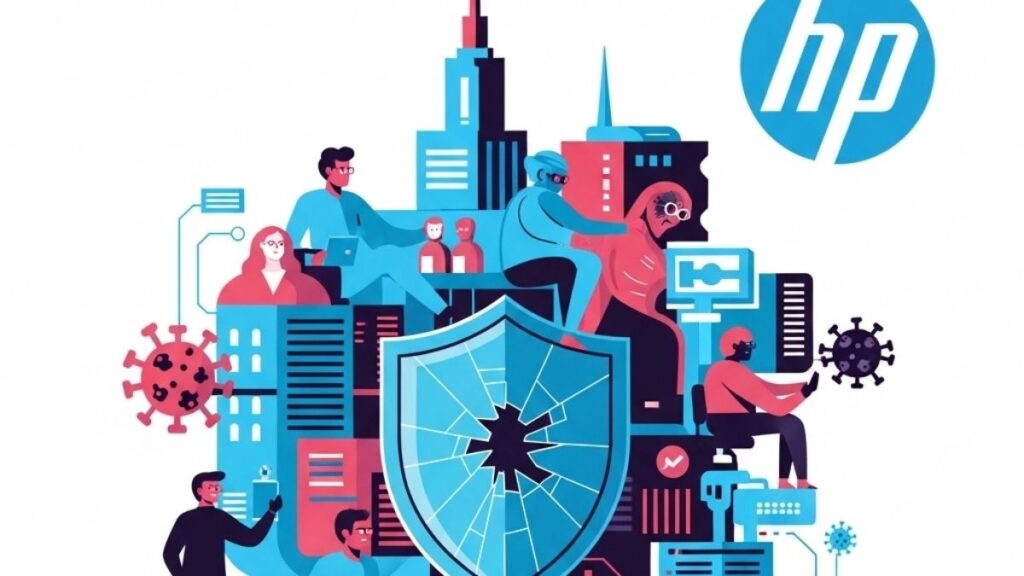Cryptocurrency—Bitcoin in particular—has seen a huge surge in popularity recently. This is partly due to a dramatic increase in the value of Bitcoin, which is currently trading at its highest ever rate of $8099.99 per coin. However, with all this fuss surrounding the digital payment system, people are starting to wonder, “Is my money really safe? Can Bitcoin be hacked?” The answer is not as easy as you would think. Before we look into the potential for Bitcoin to be hacked, though, let’s first break down what Bitcoin is and how it works as a global currency.
History of Bitcoin
Bitcoin was first introduced to the world in 2009 with the goal being to provide the world with a decentralized digital currency, not controlled by any one administrator (ie. government or bank). The system uses peer-to-peer transactions—between individual users rather than through a third-party—which are verified by network nodes and recorded on a public ledger, called a blockchain. The blockchain is constantly being revised by users as new transactions are being made.
Security of Bitcoin
Bitcoin itself is almost impossible to hack as the blockchain technology that forms the basis of the currency is constantly under review by other Bitcoin users. This means that it is no more at risk than other payment methods such as PayPal or traditional credit cards.
However, just because Bitcoin itself isn’t hackable does not mean it is completely safe to use. You have to look at the actual process of trading Bitcoin to find the vulnerabilities. Let’s take a look at some Bitcoin processes.
First, Bitcoins don’t just appear in your account as they are. Users are required to keep their Bitcoins in a Bitcoin wallet. In order to acquire Bitcoins, or exchange them for other assets, users must trade through a digital currency exchange. Popular exchanges such as Coinbase and Blockchain.com connect millions of users and cryptocurrency investors and this is where the true potential for hacking lies.
Bitcoin transactions at currency exchanges rely on two-factor identification in order to be processed. This means that, when processing a transaction, a notification is sent through to a linked cell phone number in order to validate that it is you that is requesting the payment.
Having your transaction linked to both an email and a cell phone number sounds great right? Well, that’s where the issue lies. Hackers understand that the human element is the most vulnerable, so they use snooping tactics to find out the cell phone number that is associated with a Bitcoin exchange account. Once an attacker has your cell phone number, they can pose as you to the cell service provider to get your number ported over to a device they control. They are now free to login to your Bitcoin account and change the password, denying you access to your account and giving them the chance to transfer your funds into their own wallet.
Unfortunately for users, it’s not only cell phone numbers that are easy to hack, home PCs are also targeted by hackers looking to make some easy money. According to Jonathan Levin, the co-founder of intelligence software firm Chainalysis, which specializes in tracking and solving cryptocurrency crimes, “Computer hacks, phishing attacks and cryptocurrency Ponzi schemes are all common types of cryptocurrency theft”.
This type of hacking is most often seen among users who use cryptocurrency as their preferred method of payment for online gaming, especially online casino gaming, as these types of websites often have insecure security methods and are thus at higher risk of being hacked.
Protecting Bitcoin
So, how do you keep yourself safe if you still wish to use cryptocurrency as your preferred online banking method? Levin provides some basic pointers for users:
1. Before you open up an account on Coinbase [or other exchanges], set up a unique email that you are going to use for that account.
2. Make sure to set a really hard and long password, and you are the only one to access it from a piece of paper that you control.
Other tips from leading experts include:
- Don’t talk publicly about cryptocurrency, especially on platforms such as Facebook which use your email to identify you.
- Be on the lookout for suspicious activity on your cell phone and especially notifications of a SIM swap or port.
- Don’t keep all your Bitcoin in one place – diversify your investments.
- Keep the bulk of your Bitcoin in a “cold wallet” ie. an offline wallet not connected to the internet.
- Try to avoid centralized Bitcoin exchanges, such as Coinbase, and use decentralized exchanges that do not hold users’ funds.
Remember, no banking method is every completely safe. By following these guidelines, though, you can minimize your risk of being targeted by a cryptocurrency thief.
- AI Voice Clones and Mobile Phishing: The Cyber Threats You’re Not Ready For - July 11, 2025
- Rethinking Cloud Security for the Evolving Threat Landscape - July 11, 2025
- Why Data Security Is the Real AI Risk - June 30, 2025




Comments are closed.